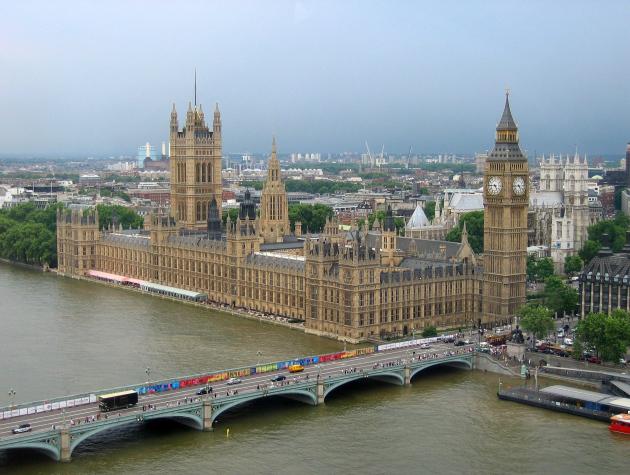GEG WP 2008/40 Information gaps, information systems and the WTO's trade policy review mechanism
Lack of information is a severe barrier to effective participation by developing countries in the international trade regime. Information systems in international regimes are the sets of institutions, actors and procedures involved in collecting, analysing and disseminating information about members’ actions and the regime’s effectiveness. The multilateral trade regime’s information system, including the Trade Policy Review Mechanism as its latest and most institutionalised form, has evolved over more than five decades. The TPRM in particular, in operation since 1989, shoulders a fundamental responsibility in making the trade regime more transparent. This paper asks: how has the TPRM responded to the demands for information and transparency in the trade regime, particularly from the perspective of developing countries? The paper builds a framework for the demand and supply of information in international regimes, using it to explain the evolution of information systems in the trade regime. It then conceptualises the functions of an ideal-type information system and inquires whether the TPRM was at all designed to perform as an effective information system. Finally, the paper investigates developing countries’ participation in the mechanism to outline several challenges that prevent the TPRM from fulfilling its stated objectives and potential.







